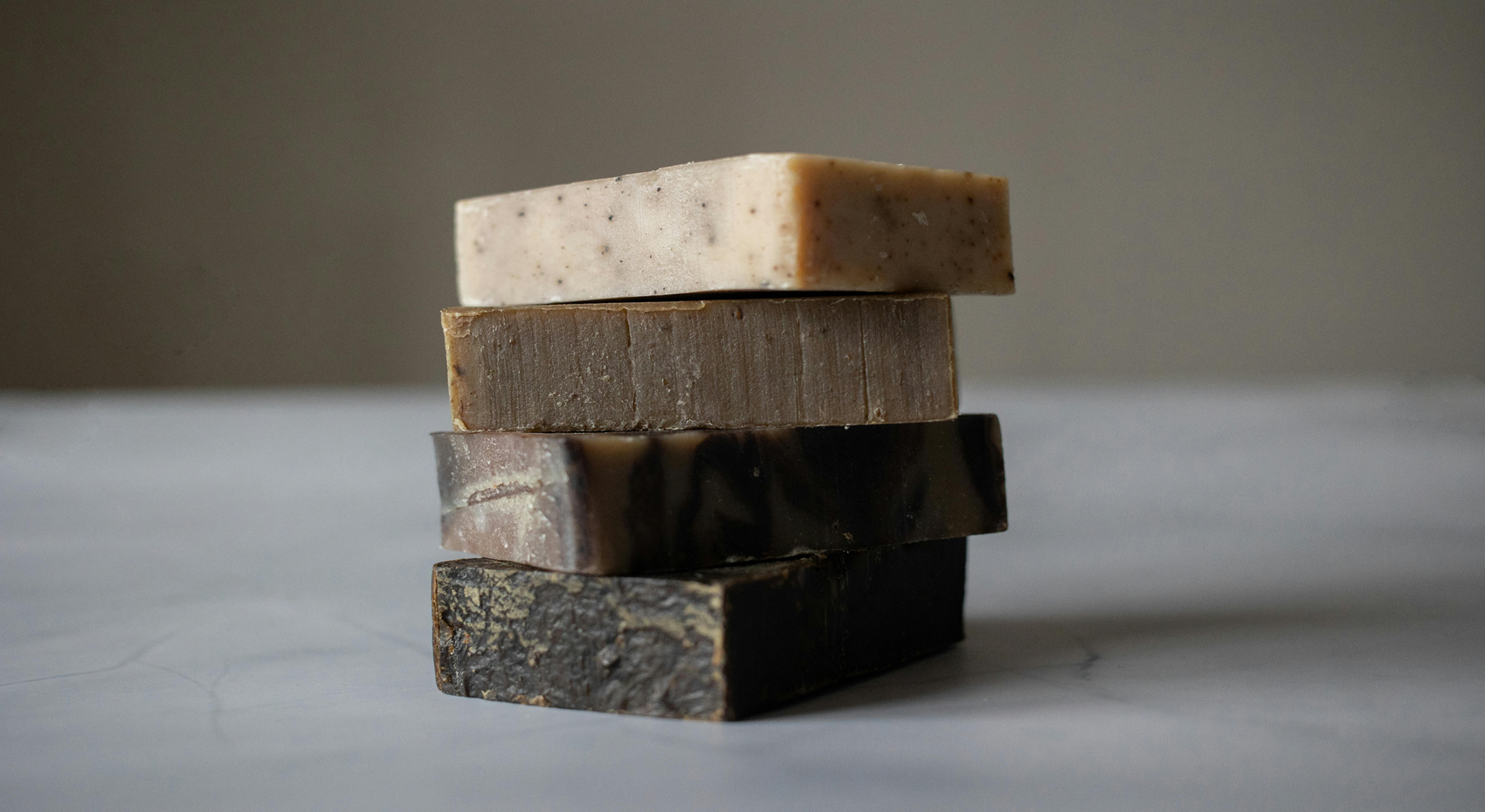Posted On: 28 September 2025
Our Stories
Wudu Ghusal / Bath
Ghusl is a full ritual bath to remove major ritual impurity in Islam, whereas Wudu is a lesser ablution performed before prayer. To perform Ghusl according to the Sunnah, start with an intention, wash hands and private parts, then perform Wudu (washing the face, arms up to elbows, and mouth/nose), followed by three handfuls of water over the head, and finally, pour water over the entire body, ensuring it reaches all parts from head to toe.
Here are some other important things to consider when thinking about preparing for Wudu Ghusal /Bath:
Wudu :
What special care should you take when making Wudu?
You must with great care wash the skin above and below the lips, nails, eyes, the hair on eyelashes, eyebrows, the skin underneath jewellery and even the hole pierced in the nose. If a pinpoint of it is left dry then the Wudu will not count. If you fear that water will not pass easily over these areas, then it is better to remove such items. You should also wash your hands and feet very quickly without leaving those parts exposed for a long time. This speed should not omit any part to be washed thoroughly. Make your Wudu in a private place. Do not make Wudu in the presence of ghair-mahram, those whom Islam allows you to marry.
Ghusal:
When is it obligatory for a female to make Ghusal?
She should make Ghusal:-
a. To become clean from menstrual period (Haiz).
b. To become clean from blood after childbirth (Nifas).
c. When a woman experiences a wet dream and has a discharge from her private parts.
d. If a male has sexual intercourse with a female, bathing would be obligatory on both.
How should the body be washed in Ghusal?
Every single part of the body must be washed. Make sure that the water reaches all parts of the body up to and including the soles of the feet. Ensure that every strand of hair and every pore is washed, because even if only one strand of hair or it's point equivalent remains dry, the Ghusal will not be valid.
What should you do if your hair is plaited?
If your hair is plaited, you are excused from loosening your plaited hair but it is compulsory for you to wash the base of each and every strand of hair. If you fail to do this, then the Ghusl will not be valid. If a single strand of hair is left dry, Ghusl will not be valid. If you are unable to wet the very bottom of your plaited hair, then it is necessary for you to un-plait and wash your entire hair. It is recommended to open the plaited hair before Ghusal.
Are you allowed making Ghusal while wearing rings and ear-rings?
No. All finger and ear-rings should be removed while bathing to allow water to pass onto the skin. There is fear that water will not pass easily over these areas if you do not remove them.
When making Ghusal, what is the rule if the nose is pierced?
If the nose is pierced then the water must reach the hole in which the nose-ring was as this too is also necessary.
Is it permissible to make Ghusal with cutex on the nails?
If any substances like cutex, flour, paint or gum is stuck on the skin or nails, it must be removed to allow water to pass on the skin and nails.
Key Points
Purpose:
Wudu is a lesser ritual purification for minor impurities and to prepare for prayer, while Ghusl is for major impurities, like those following sexual intercourse or menstruation.
Intention:
Both acts require a sincere intention.
Thoroughness:
Water must reach all parts of the body during Ghusl; otherwise, it is not valid.
Water:
The water for Ghusl should be pure and flowing.
Mian Sajid Latif Qadri -
Head Imam
We ensure our content is reviewed and verified by qualified scholars to provide you with the most accurate information.






